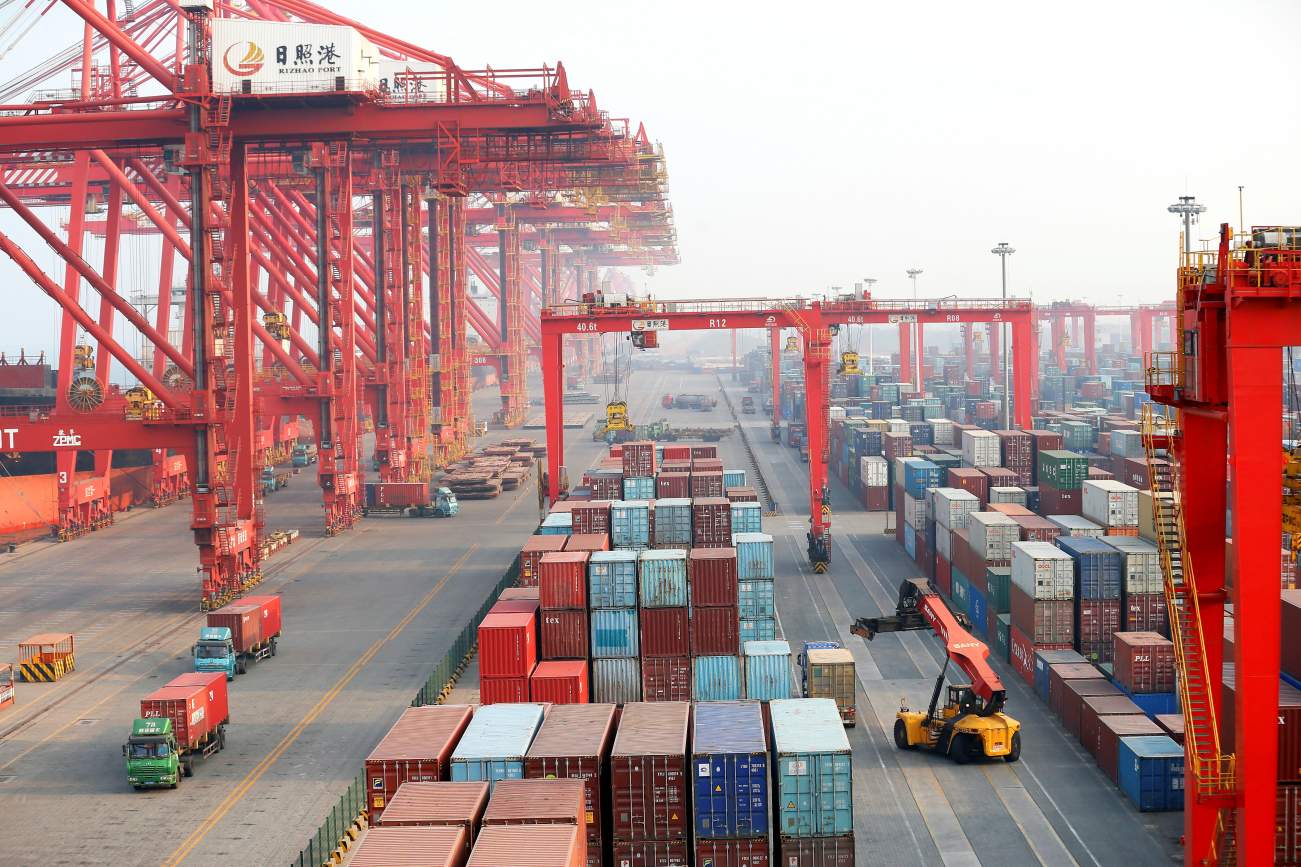The Return of Geoeconomics
 FOR DECADES, the study of international security has been divorced from the study of international trade and investment, along with domestic economic development. In political science departments on university campuses, self-described realists debate defense and diplomacy with idealists of various kinds. In the economics department next door, there is no debate; the academic economists almost unanimously agree that free trade and investment benefit all sides. They instead postulate an ideal world where national borders would be insignificant and there would be free flows of goods, services, money and labor.
FOR DECADES, the study of international security has been divorced from the study of international trade and investment, along with domestic economic development. In political science departments on university campuses, self-described realists debate defense and diplomacy with idealists of various kinds. In the economics department next door, there is no debate; the academic economists almost unanimously agree that free trade and investment benefit all sides. They instead postulate an ideal world where national borders would be insignificant and there would be free flows of goods, services, money and labor.
Even before Donald Trump became the first president in living memory to explicitly promote U.S. economic nationalism, the wall that divided the national-security realists and the free-market economists was crumbling—mainly because of the rise of China, which has benefited from a version of statist economics while challenging U.S. military hegemony in Asia. Slowly but inevitably, debates about national security and the global economy are merging into a single dispute about relative national power. This marks a revival of what Edward Luttwak has called “geo-economics.”
No comments:
Post a Comment